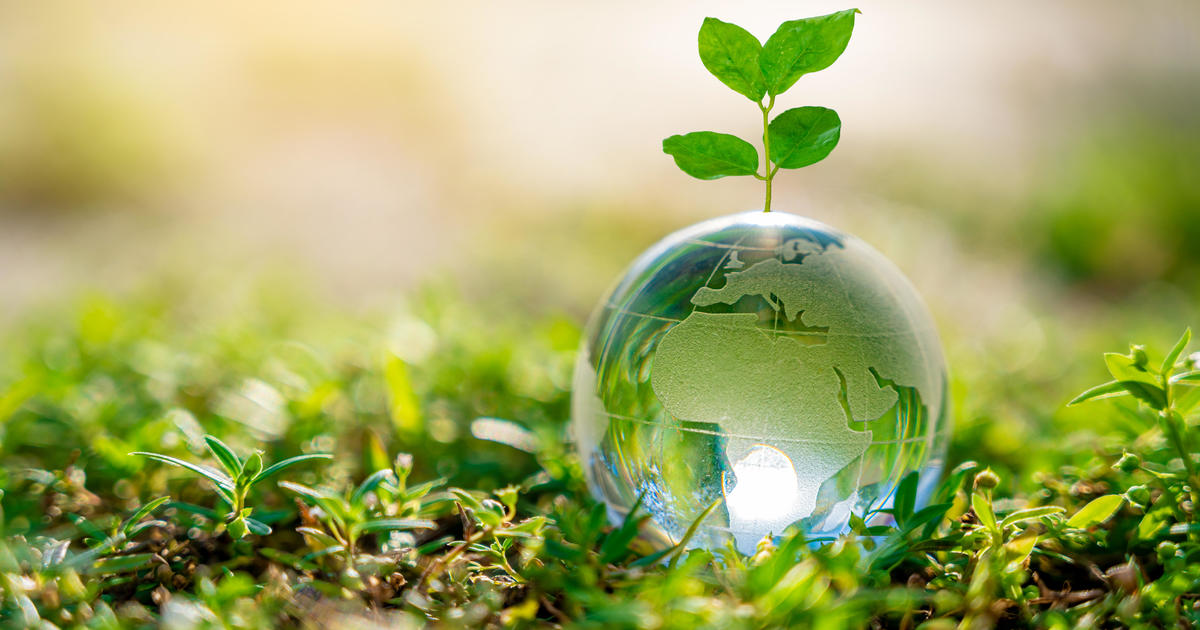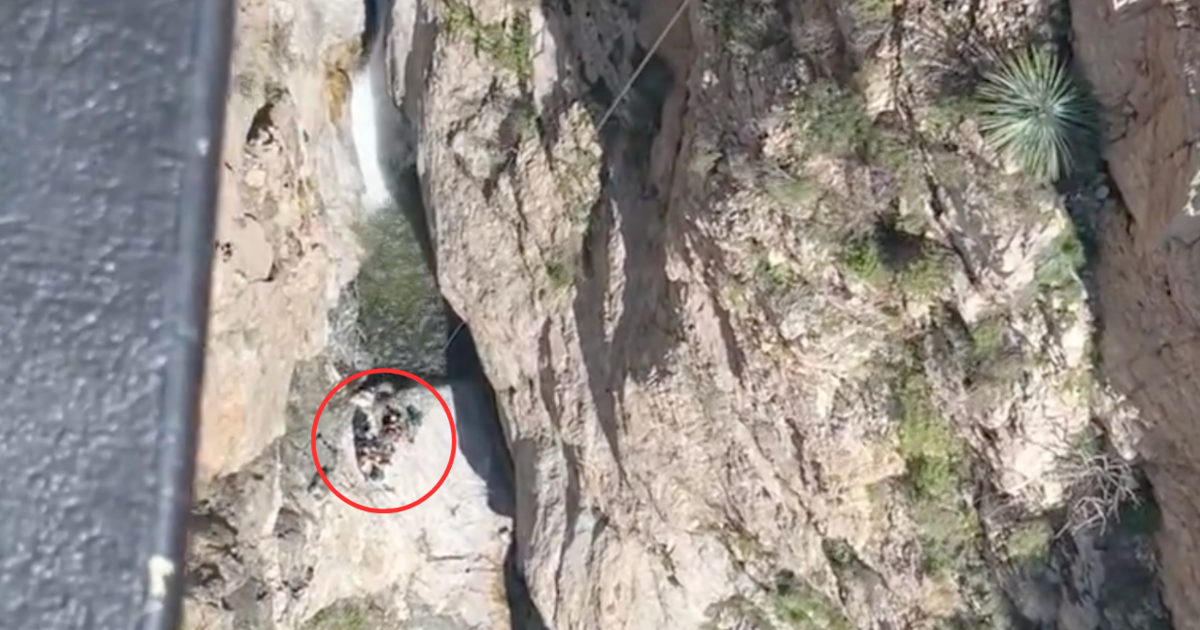NASA Scientist On El Nino: 'You'll Essentially Be Riding Your Kayak In Front Of Your Home'
PASADENA (CBSLA.com) — NASA scientist Bill Patzert is aware many Southern California residents are waiting to see the well-hyped El Niño produce some rain.
Patzert, who coined the phrase "Godzilla El Niño" to describe the heavy storms systems of the late 1990s, says that the impacts will be evident soon enough.
"To what I call the Godzilla El Niño, all I have to say about that is 'yikes,' " Patzert described, as he showed the projected size of the system. "As you can see, it is a monster."
Patzert, who works out of NASA's Jet Propulsion Laboratory, showed his projections to a crowd in Pasadena on Tuesday and compared his data to the size of the 1997-98 El Niño.
He says that despite the lack of rain seen in the Southland so far, the systems are similar in size and the major impacts will be felt early in the new year.
"It's eerie how similar in size and intensity this El Niño is with the El Niño of 18 years ago, so I think we can expect at least the same impact," Patzert said.
"Everybody is impatient here in Southern California, 'where's the El Niño'. Sit tight. In January and February, you'll essentially be riding your kayak in front of your home."
In conjunction with previous NASA predictions, however, Patzert says this El Niño will not bring about an end to California's history drought.
Despite new images showing more snow in the Sierra Mountains in November, Patzert warned that it is simply not enough. This means, he says, it is as important as ever to continue conserving water.
The El Niño of winter 1998 resulted in 17 deaths and $500 million in damage in the state of California.
Patzert also clarified that, just because this El Niño is predicted as the most intense on record, that does not necessarily mean stronger storms. Rather, this indicates more steady, consecutive storms, one after another.
Patzert's recommends to residents, in addition to flood insurance and the preparation of emergency supplies, that trash cans be put out on the curb, instead of the street. He also recommends clearing out any storm drains in your neighborhood, and keeping your emergency water supply up on a shelf, as flood waters can contaminate all that fresh drinking water.



